Keeping Open Source Software Developers Connected to Users
 You might not realize it, but you use open source software, where the source code has been released with a license enabling it to be freely used, changed and distributed. Even if you know about open source, you may not know any of the people who contributed to that software.
You might not realize it, but you use open source software, where the source code has been released with a license enabling it to be freely used, changed and distributed. Even if you know about open source, you may not know any of the people who contributed to that software.
Traditionally, a lot of the development that occurs in open source happens in code repositories and bug trackers, and those are not places that the users of the software tend to hang out. With this separation between developers and users, those contributors may not always get their due.
Alessio Fattorini, community manager for NethServer, an open source Linux server distribution, believes in exposing that development process to the users who, even if they may not understand the nuts and bolts of it, will then be in a better position to see the work that goes into the project, and appreciate the people behind it. We also talk about:
- The state of community management in Italy
- Create a welcoming environment in technical communities, and why they pose a unique challenge
- Why developers can be tempted to keep discussions around open source development private
Continue reading “Keeping Open Source Software Developers Connected to Users”
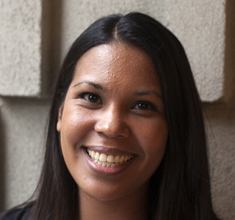 4 years ago,
4 years ago, 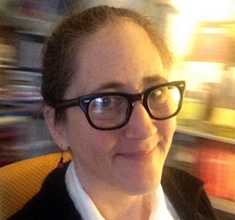
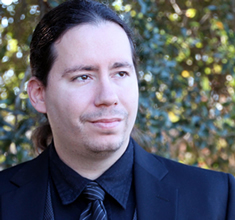 Many online communities do not allow members to upload images to include in their posts. In such cases, members often rely on third party image hosting services. Among the most popular of these, for a long time, has been
Many online communities do not allow members to upload images to include in their posts. In such cases, members often rely on third party image hosting services. Among the most popular of these, for a long time, has been 
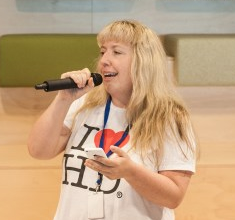 There has been a lot of talk in the community industry about the
There has been a lot of talk in the community industry about the  In May of 2001, I launched a martial arts community with a focus on respectful discussion and a generally family friendly atmosphere. The very next month,
In May of 2001, I launched a martial arts community with a focus on respectful discussion and a generally family friendly atmosphere. The very next month,  It feels like the quality of discourse in the United States, and many other countries, gets worse every single day. Especially political discourse. But in online community settings, it is possible to identify the the threads to civil discourse and neutralize them.
It feels like the quality of discourse in the United States, and many other countries, gets worse every single day. Especially political discourse. But in online community settings, it is possible to identify the the threads to civil discourse and neutralize them.
 Six and a half years ago,
Six and a half years ago, 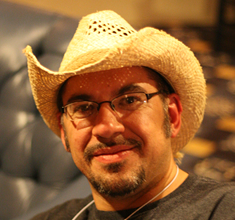 When
When 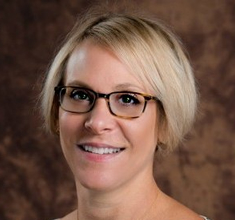 There’s a lot of money in the association space, especially when it comes to helping associations connect their members online. The biggest example of this might be the
There’s a lot of money in the association space, especially when it comes to helping associations connect their members online. The biggest example of this might be the  All community professionals want to work at organizations where they have the buy-in to deeply invest in community. But many of us don’t. We’re fighting for that buy-in, so the true value of community can be realized.
All community professionals want to work at organizations where they have the buy-in to deeply invest in community. But many of us don’t. We’re fighting for that buy-in, so the true value of community can be realized.